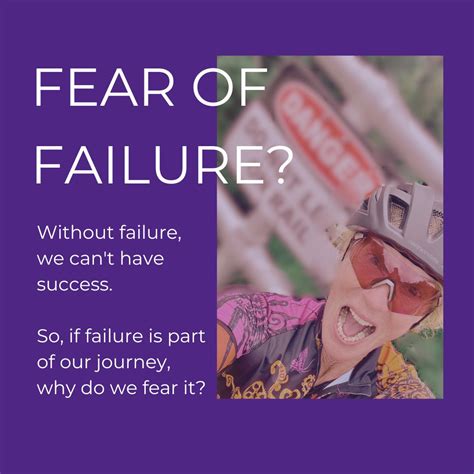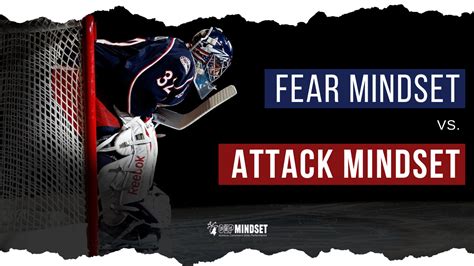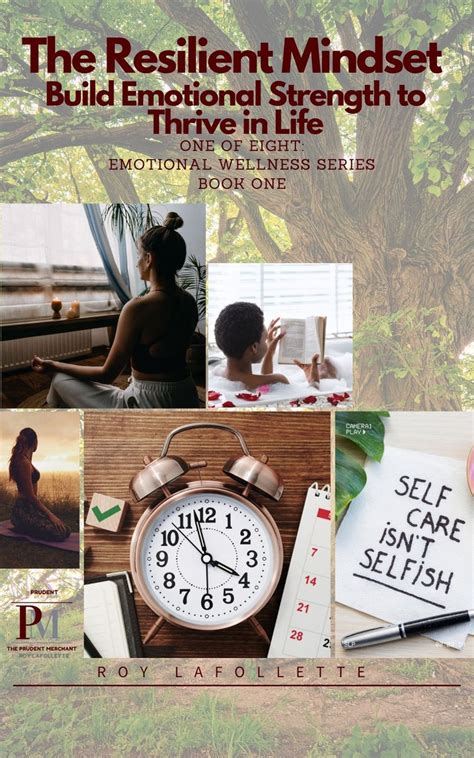Fear of failure is a universal human experience, often acting as an invisible barrier that prevents us from pursuing new opportunities, taking risks, and ultimately, reaching our full potential. It can manifest as procrastination, self-doubt, or an outright refusal to step outside our comfort zones. But what if this deeply ingrained apprehension could be transformed from a paralyzing force into a powerful engine for personal development? This article explores how adopting a growth mindset is not just about managing fear, but fundamentally reframing our relationship with failure itself, turning stumbling blocks into stepping stones.
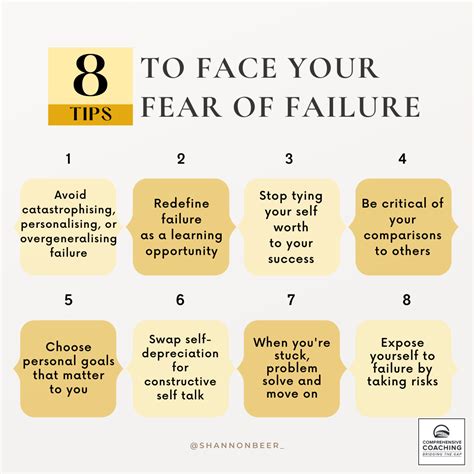
Understanding the Grip of Fear
At its core, the fear of failure often stems from a fixed mindset – the belief that our intelligence, talents, and abilities are static traits. In this view, failure is a direct reflection of our inherent limitations, a definitive judgment of our worth. This perspective creates a strong incentive to avoid situations where failure is possible, leading to a reluctance to learn, adapt, or innovate. The fear becomes self-fulfilling, as opportunities for growth are sidestepped to protect a fragile sense of self-worth.
The Power of a Growth Mindset
In contrast, a growth mindset, as popularized by Dr. Carol Dweck, posits that our abilities can be developed through dedication and hard work. From this vantage point, failure isn’t an indictment of our character but rather a temporary setback, a valuable piece of feedback, or a crucial step in the learning process. It’s an opportunity to re-evaluate, adjust strategies, and try again with renewed understanding. Embracing this mindset shifts the focus from avoiding judgment to embracing continuous improvement.
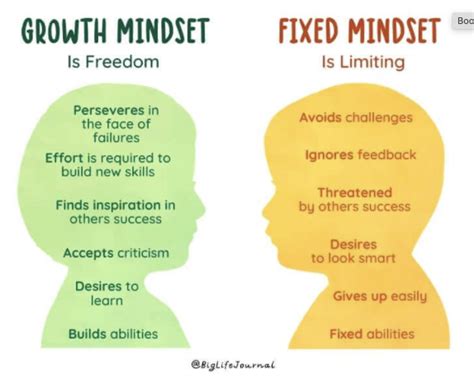
Strategies to Reframe Failure
Transforming your relationship with failure requires conscious effort and a shift in perspective. Here are actionable strategies:
1. Acknowledge and Analyze, Don’t Suppress
Instead of pushing away the feeling of fear, acknowledge it. What exactly are you afraid of? Is it embarrassment, financial loss, or judgment from others? Understanding the specific triggers allows you to address them directly. Often, the imagined consequences are far worse than the reality.
2. See Failure as Feedback
Perhaps the most potent reframe: failure isn’t an end-state; it’s data. Every misstep provides valuable information about what didn’t work, allowing you to refine your approach. Ask yourself: “What did I learn from this? What can I do differently next time?” This perspective transforms setbacks into essential components of success.
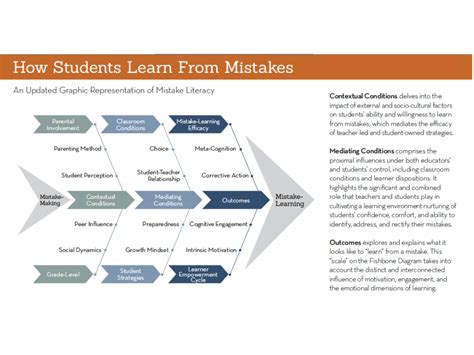
3. Focus on the Process, Not Just the Outcome
When you focus solely on the end result, failure feels devastating. By shifting your attention to the effort, the learning, and the journey itself, you find value even when the immediate outcome isn’t what you hoped for. Celebrate small victories in the learning process and appreciate your perseverance.
4. Practice Self-Compassion
Be as kind to yourself as you would be to a friend facing a similar challenge. Self-criticism after a failure only compounds the negative impact. Understand that mistakes are part of being human and are integral to any worthwhile endeavor.
5. Embrace Challenges as Opportunities
View challenges not as threats to your competence, but as exciting opportunities to stretch your abilities and expand your horizons. The discomfort associated with trying something new is a sign that you are growing.

Cultivating a Resilient Mindset
To truly embed this reframe, integrate these practices into your daily life:
- Set Learning Goals: Instead of outcome-based goals, focus on what you want to learn or the skills you want to develop.
- Seek Constructive Feedback: Actively solicit input on your efforts, viewing it as a gift that helps you improve, not a critique of your abilities.
- Journaling: Reflect on experiences where you faced failure. What were your thoughts? What did you learn? How can you apply that learning forward?
- Surround Yourself with Growth-Oriented People: Their perspective can be infectious and provide valuable support.
Conclusion
The journey from fearing failure to embracing it as a catalyst for growth is transformative. It’s about recognizing that our potential is not fixed, but boundless, shaped by our willingness to learn, adapt, and persevere through challenges. By consciously reframing our perspective, we unlock new levels of resilience, creativity, and self-belief, paving the way for continuous personal and professional development. The question is no longer “What if I fail?” but “What can I learn when I try?”

